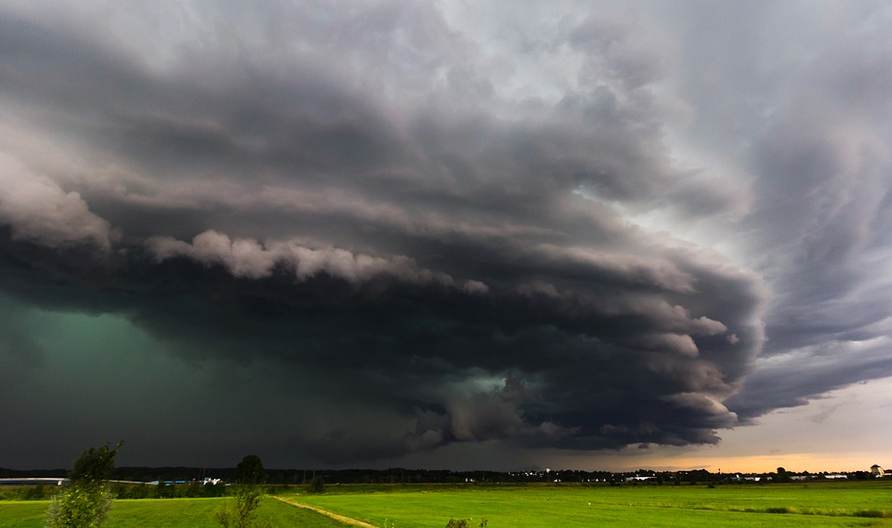Aon unveils new catastrophe model to manage Severe Convective Storms in the U.S.

Insurance and reinsurance broking group Aon has launched a new catastrophe model to analyse the impact of Severe Convective Storms (SCS) in the United States, allowing re/insurers to make better decisions on portfolio management for this expanding and increasingly costly peril.
According to Aon’s 2024 Climate and Catastrophe Insight report, U.S. SCS insured losses in 2023 alone were more than $58 billion, while the global impact reached an unprecedented level of $70 billion of insured loss.
The peril has also accounted for more than 60% of global natural catastrophe losses in the first half of this year.
Adam Podlaha, CEO of Impact Forecasting, commented, “The industry has faced many challenges when attempting to model severe convective storms, especially in terms of producing accurate average annual loss estimates.
“By using our SCS model, re/insurers will be presented with a more in-depth view of the risks associated with hail, thunderstorm-produced winds and tornadoes, which in turn will help to shape better strategic decisions around portfolio management for this very costly peril.”
Developed by Aon’s Impact Forecasting team, the model reportedly reflects re/insurers’ true exposures to the peril, “capturing the full spectrum of event severities, spanning higher frequency $1 billion to $5 billion industry loss events, smaller events that do not appear in the historical record, and realistic tail losses from derechos and other significant SCS hazards.”
As per Aon, a complete 20-year historical event set is also available, allowing companies to validate modelled industry losses, analyse historical events based on their current portfolios for better reinsurance decision-making, and compare modelled historical losses to claims experience for a more informed view of risk.
Eric Robinson, global SCS model development lead for Impact Forecasting, said, “Another historic year for SCS-related losses again highlights the need for an improved understanding of SCS loss drivers.
“Improved portfolio management is crucial to helping insurers mitigate growing SCS-related losses, and this can be achieved through modelling solutions that are driven by the latest and ongoing research in atmospheric sciences that helps insurers to obtain additional, valuable insight into evolving SCS risk.”






